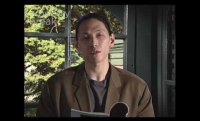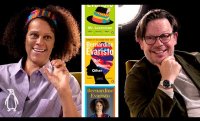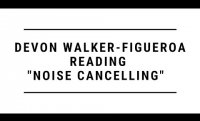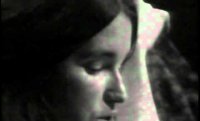Li-Young Lee Reads “From Blossoms”
“There are days we live / as if death were nowhere / in the background from joy / to joy to joy, from wing to wing,” reads Li-Young Lee from his poem “From Blossoms,” included in his debut collection, Rose (BOA Editions, 1986), for this installment of Poetry Breaks, a series created by Leita Luchetti in the 1980s and 1990s presented in partnership with the Academy of American Poets.










